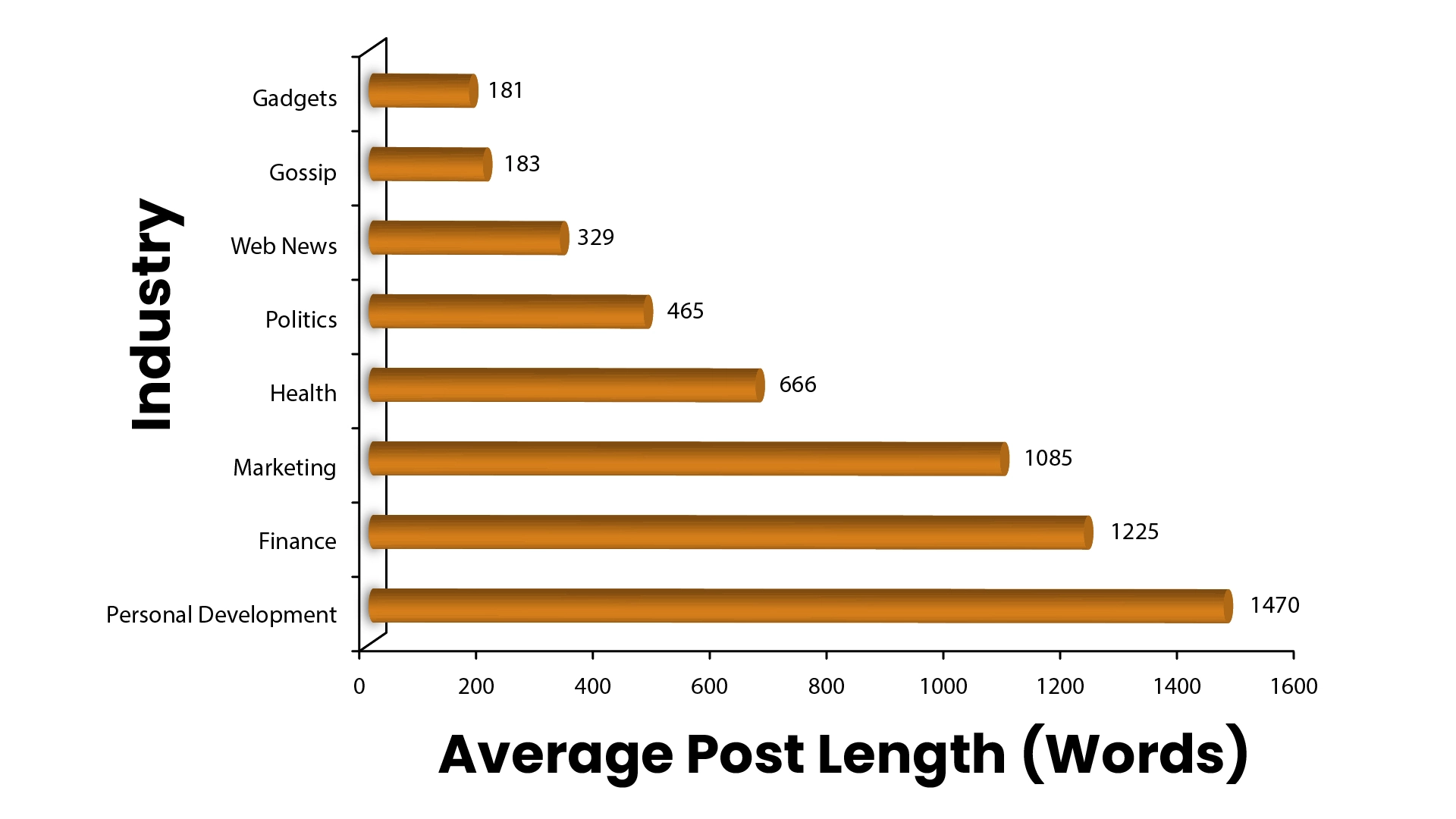
Introduction
So, you have created a piece of content and published it on the web. But, what happens next?
Not everyone is going to come straight to your site and read every word.
If you want people to see it, content syndication may be your best option. It lets you share your content (like an article, a video, an infographic, or an eBook) on multiple websites at once without having to write multiple articles yourself.
Besides, content syndication leads give you the ability to reach new audiences, generate more revenue, and gain recognition in your industry.
Also, did you know B2B marketers consider content syndication as one of their most successful lead generation strategies?
No wonder it has become a common practice among publications, community websites, and industry groups to put their brand and content in front of potential customers without doing a lot of work.
Role of Demand Generation in Content Syndication
Demand generation is an essential part of sales, marketing, and public relations, and it’s all about driving qualified traffic to your website to generate sales.
In simpler words, demand generation is the art of convincing people that your product or service is worth buying.
The first step to increasing your sales is to encourage people to trust you. What do you have in common with your ideal customer? If there are any areas of common ground, then use them as a way to establish trust.
Once you’ve identified your target group, you need to find ways to approach them because they are more likely to buy from you.
Demand generation? Checked.😉
Let’s talk about how content syndication can generate leads.
| “Demand Generation + Content Syndication = Accelerated Lead Generation” |
Syndicating your content is what you do when you want to increase your reach. It’s about forming partnerships with high-quality sites in order to expand your own audience.
In other words, you’re making or repurposing content for external distribution on a third-party website. You will, of course, choose a website with a wider audience and more traffic than yours in order to gain more visibility.
The great thing about this is that you can reduce your host costs, save money, and boost your website’s credibility. It doesn’t matter if you’re a small business or a large corporation—offsite links are a win-win opportunity for everyone.
So, what does a perfect content syndication leads generating plan look like?👇
Anatomy of a Perfect Content Syndication Leads Generating Plan
1. Define Your Goals
So, you want your content syndication efforts to not just generate leads, but generate leads that turn into customers for your business.
Here’s what you need to do.
Stay focused on the fine details of exactly who your target audience and the potential buyers for your products or services are.
You need to know what they like and what they don’t like (i.e. what their pain points are), what kinds of content they’re likely to share with others, and how best to approach each individual).
Additionally, you must set clear goals that correspond with your business objectives. Some of those could include:
- Generating more mid and top-of-funnel leads
- Increasing your blog’s readership
- Improving your SEO results
- Exposing your product to a larger audience to improve visibility
Regardless of what you do, it’s important to have achievable goals. Evaluate them against current market conditions, such as consumer interest, demand generation, and competition.
2. Apply Intent Data
Intent data is actually a real-time, anonymous look inside interest by types, locations, and intentions of your potential customers. It shows what sites your visitors are on, what they’re doing there, and why. It’s the secret of the best content marketing.
With intent data, you can track your users with cookies and score them. Content syndication leads vendors usually have access to this data.
“Using intent data, you can predict the action your target audience will take and then serve appropriate content on your site.”
You’ll always be one step ahead, which means that your lead generation campaigns will drive more conversions and sales.
3. Let SEO Take Charge
Almost every B2B marketer wants to improve their SEO efficiency, and content syndication leads can be very effective—as long as you do it correctly and avoid duplicate content. This can be accomplished in various ways, including:👇
- Abstracts: Instead of promoting the whole piece, promote an abstract. The abstract, however, should provide a connection to the rest of the content and be convincing enough to entice readers to continue reading.
- Guest posts: Guest posting on other sites (by revising the content so that it is distinctive enough from the original) can be a powerful way to gain links and authority. You will have more chances of seeing your site climb up the search engines.
- Legitimate vendors: Use legitimate syndication vendors to create backlinks to your site. That way, you don’t waste time and money creating links that will just get your site penalized.
4. Choose the Right Syndication Partners
Choosing the right partners is paramount to your content syndication leads generation efforts.
Syndication relies on paid programs, but non-paid opportunities also exist through RSS feeds and social media platforms.
It is ideal for new companies to include both paid and free opportunities in a distribution plan to reach a larger audience and grow the customer base.
👆Finding syndication partners takes time, resources, and effort, and it necessitates some research. Make sure you partner with a company that has:👇
- A quality reputation
- A large audience with the same interest as your brand
- Good segmentation skills, which allows you to target particular groups with your content.
Partnerships that don’t involve payment are called non-paid partners. These will generally take more work, but the payout is not quite as substantial as landing a paying customer.
The best way to find these partners is by researching websites and blogs related to your industry and offering them your content for free.
5. Qualify The Leads
Not every lead deserves your sales team’s time and effort. Don’t waste valuable resources trying to close a deal if the customer isn’t right for your business.
That’s why it’s ideal to further qualify leads with additional questions before your sales team invests too much time in them.
The right content syndication leads partner can often use their existing relationship with their audience to ensure the leads you get are good opportunities.
The Take-Away Syndication is a great choice for businesses that can create high-quality content assets that relate to a particular market niche.
You can use a combination of paid and non-paid syndication with the right partners to expand the scope of your audience.
Additional Takeaway
The More Content You Use In Content Syndication, The Higher the Lead Volume.
There’s no limit to the content you can share with each publisher. So, provide as many as you want, or publish continuously if that makes sense for your goals.🧐
To quantify which types of content perform better and generate more leads faster, test your content using various types (i.e. white papers, eBooks, webinars, videos, infographics).
Remember: “Longer is better. Long-form blog posts produce nine times the number of leads as short-form blog posts.”

Do Not Treat Your Content Generation Leads Outreach Like a Sales Pitch.
Content syndication is a great way to build relationships and generate leads for your business. However, don’t just collect a pile of contacts. First, build relationships with your prospective buyers.
To stand out, you can provide useful, relevant content that is helpful and interesting to your audience. This will help establish your thought leadership and authority… that your audience will love!
Wrapping Up Your Content Syndication Leads Generating Efforts
Though the concept of content syndication leads generation is simple, the right strategy is what makes the approach so powerful.
The ability to share relevant and useful content with like-minded individuals at scale has opened up opportunities for businesses to develop relationships with a previously untapped audience.
In other words, your audience will generate demand giving you more opportunities to pull in interest for your product or services. It is just the matter of grabbing the right demand that will translate to leads with the right content syndication service.
If you have any questions, ask them in the comments section below.
Our blog
Latest blog posts
Tool and strategies modern teams need to help their companies grow.

It is for fact that today's buying environment demands more. With longer sales cycles...

To build a marketing strategy that drives real results, you need more than creative i...

The 95/5 rule in B2B marketing shows that while only 5% of buyers are ready to purcha...







